Plumbing is an essential component of any home, providing crucial services such as water supply, waste removal, and overall comfort. Without a properly functioning plumbing system, a home can face significant disruptions, ranging from minor inconveniences to major damage. Residential plumbing is far more than just the pipes running through your walls; it encompasses a network of interconnected systems that play a vital role in your home’s day-to-day operation. Understanding how your plumbing system functions and maintaining it through preventive measures, routine inspections, and timely repairs is key to ensuring its long-term performance and efficiency.
The Role of Residential Plumbing in Your Home
Plumbing is the backbone of your home’s water delivery and waste removal system. It ensures that clean water flows into your home for drinking, cooking, cleaning, and bathing, while also allowing wastewater to exit safely and efficiently. A well-maintained plumbing system not only keeps your household running smoothly but also contributes to your home’s safety, comfort, and property value.
From the hot water in your shower to the water supply for your kitchen sink, plumbing affects every aspect of daily life. Even minor issues, such as a leaky faucet or a clogged drain, can disrupt the entire household routine. More serious problems, like burst pipes or sewer line issues, can cause extensive damage, resulting in costly repairs and potential health risks.
Preventive Measures: The Key to Avoiding Major Plumbing Problems
Preventing plumbing problems before they occur is one of the most effective ways to maintain the integrity of your home’s plumbing system. Regular maintenance helps to avoid costly repairs and ensures that your plumbing functions optimally.
One of the most important preventive steps is ensuring that your pipes are insulated properly, especially in colder climates where pipes may freeze and burst. In addition, cleaning drains regularly can prevent the buildup of grease, soap scum, and hair, which can lead to blockages and slow drainage. Regularly checking your water pressure can also help detect underlying issues, as excessively high water pressure can cause wear and tear on pipes over time, leading to leaks or bursts.
Another preventive measure is inspecting your water heater regularly. Hot water systems have a finite lifespan, and maintaining them with regular check-ups can extend their longevity. Flushing your water heater annually to remove sediment buildup, checking the temperature settings, and ensuring there are no visible leaks or corrosion can prevent more serious issues down the line.
Maintaining your plumbing fixtures is also crucial. Faucets, toilets, and showerheads can wear down over time, causing leaks or inefficiency. Replacing worn-out washers and seals, tightening loose connections, and using the correct type of plumbing fixtures will help avoid future issues.
Routine Inspections: Ensuring Your Plumbing System Is Running Smoothly
Routine inspections are another cornerstone of a well-maintained plumbing system. A professional plumber can thoroughly inspect your entire system to identify potential issues before they become major problems. Regular plumbing inspections typically focus on checking for leaks, corrosion, and the overall condition of pipes, fixtures, and appliances.
One key aspect of routine inspections is checking for hidden leaks. While a leaky faucet is obvious, smaller leaks in walls, under floors, or in the attic can go unnoticed for extended periods. These leaks can lead to water damage, mold growth, and higher water bills. A professional plumber will use advanced tools, such as infrared cameras or moisture meters, to detect these hidden leaks and prevent further damage.
In addition to checking for leaks, plumbers will assess the condition of your home’s pipes. Over time, pipes can corrode or become clogged, which can affect water flow and pressure. Older homes, in particular, may have pipes made from outdated materials that are more susceptible to wear and damage. Routine inspections help identify such issues and allow you to take action before the situation worsens.
Another important part of routine inspections is checking the function of your sump pump and sewage system. If you live in an area prone to flooding or have a basement, ensuring that your sump pump is in good working order is essential for preventing water damage. Routine inspections will ensure that your sump pump is not clogged, and it is properly functioning to protect your home from water intrusion.
Emergency Repairs: When Immediate Action Is Necessary
Despite your best efforts with preventive measures and routine inspections, plumbing emergencies can still occur. From burst pipes to sewer backups, these issues often require immediate attention to prevent extensive damage and avoid health hazards.
One of the most common plumbing emergencies is a burst pipe. This often occurs during colder months when pipes freeze and then thaw rapidly, causing them to crack or burst. If you experience a burst pipe, it’s crucial to turn off your water supply immediately and call a professional plumber. Continuing to use water during this time can cause water damage to walls, ceilings, and floors.
Another plumbing emergency that requires immediate attention is a sewer backup. A sewer backup occurs when the wastewater in your home cannot flow properly through the drainage system, often due to a clogged or damaged sewer line. This situation is both inconvenient and hazardous, as it can lead to raw sewage spilling into your home. If you experience a sewer backup, it is essential to call a plumber immediately to clear the blockage and address any potential damage to your pipes.
Clogged drains are another common plumbing issue that can turn into an emergency if left untreated. While minor clogs can often be dealt with using a plunger, more significant blockages may require professional tools and expertise. Ignoring a clogged drain can result in water backup, slow drainage, or, in extreme cases, pipe damage.
Why Professional Residential Plumbing Services Are Essential
While DIY solutions can often address minor plumbing problems, the complexities of plumbing mean that professional expertise is required for more serious or persistent issues. A licensed plumber has the skills, experience, and tools to handle plumbing repairs and maintenance safely and efficiently.
Furthermore, hiring a professional ensures that your plumbing system is up to code and that all repairs or installations are carried out in accordance with local regulations. Improperly installed plumbing systems can result in major issues, including water damage, leaks, or even health risks.
Conclusion
Residential plumbing is an integral part of any home, affecting everything from comfort to safety. Understanding how your plumbing system functions and committing to preventive measures, routine inspections, and emergency repairs is crucial for maintaining a well-functioning home. Regular maintenance and prompt attention to plumbing issues can extend the lifespan of your system, improve water efficiency, and protect your home from costly damage. By prioritising plumbing care, you ensure a safe, comfortable, and efficient living environment for you and your family.

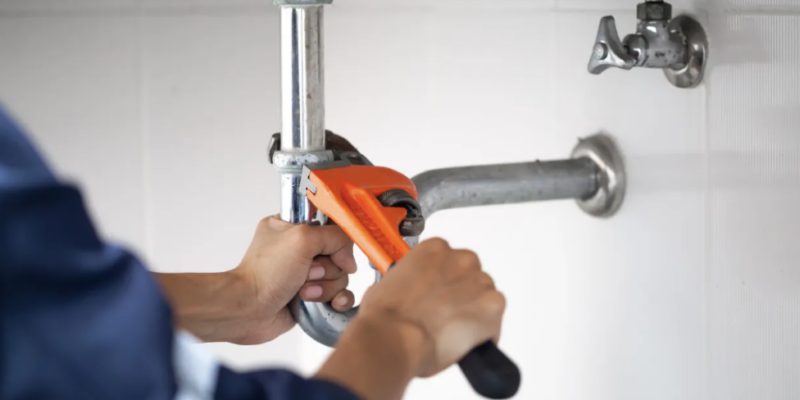
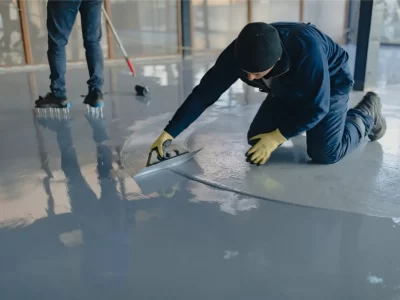
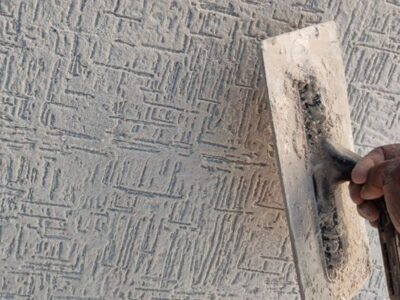
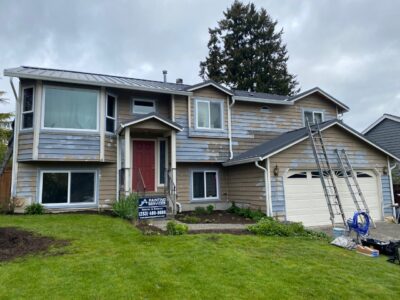


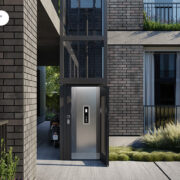
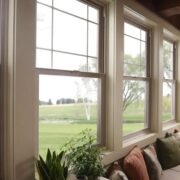
Comments